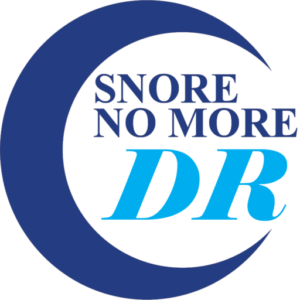Importance of Oxygenation
Oxygenation is the key to life.
Without oxygen none of our organs function properly. There is also a direct correlation between oxygenation, longevity, quality of life, and esthetics. We need oxygen in order to properly metabolize and maximize the benefits we receive from our intake of food and liquids. Oxygen is used by our cells to maintain and strengthen our immune system, there for preventing us from getting viruses, colds, cancer, and other degenerative diseases. It is oxygen that in combination with carbon, hydrogen and nitrogen that are used in the Krebs cycle to give our organs the energy and repair that are constantly going on in our bodies.
Oxygenation is a twofold process. First, and foremost, one’s airway must not be obstructed by the relaxation of the tongue and soft pallet when one is sleeping, this is called Obstructive Sleep Apnea and is a life threatening disorder that affects 1/3 of the adult population. Airway patency must be maintained and the opening of the airway can only be attained mechanically by either an oral appliance or a CPAP machine. In the latter case, many patients find it intolerable to wear a restrictive mask and head gear while sleeping. Their alternative is the oral appliance.
The oral appliance is the gold standard for treating those patients that have mild and moderate Obstructive Sleep Apnea and it in effect, opens the airway by moving the jaw forward, much like giving someone CPR. The oral appliance is very well accepted and in most cases our patients immediately notice a difference in their vitality and that their snoring, choking, and gasping for breath is either nearly or completely eliminated. The bed partners of our patients are also happy in that they are no longer woken up by the loud snoring and choking.
Secondly, oxygenation needs to be attained with regular exercise using deep diaphragm breathing. It is important to exercise a minimum of 4 times per week with deep diaphragm inhalations during the contractive phase of each exercise repetition and deep exhales during the relaxation period of the repetition. Any means to secure unobstructed nighttime breathing should be practiced including using nasal strips, and good sleep hygiene; such as seeping on one’s side, never on your back, and going to sleep without any stressful thoughts. Watching television should be stopped at least an hour before sleep. Sleeping in a cool dark room also helps. Certain relaxation techniques such as meditation, focusing on relaxation of the extremities and progressing to relaxation of the head and mind should be practiced.



